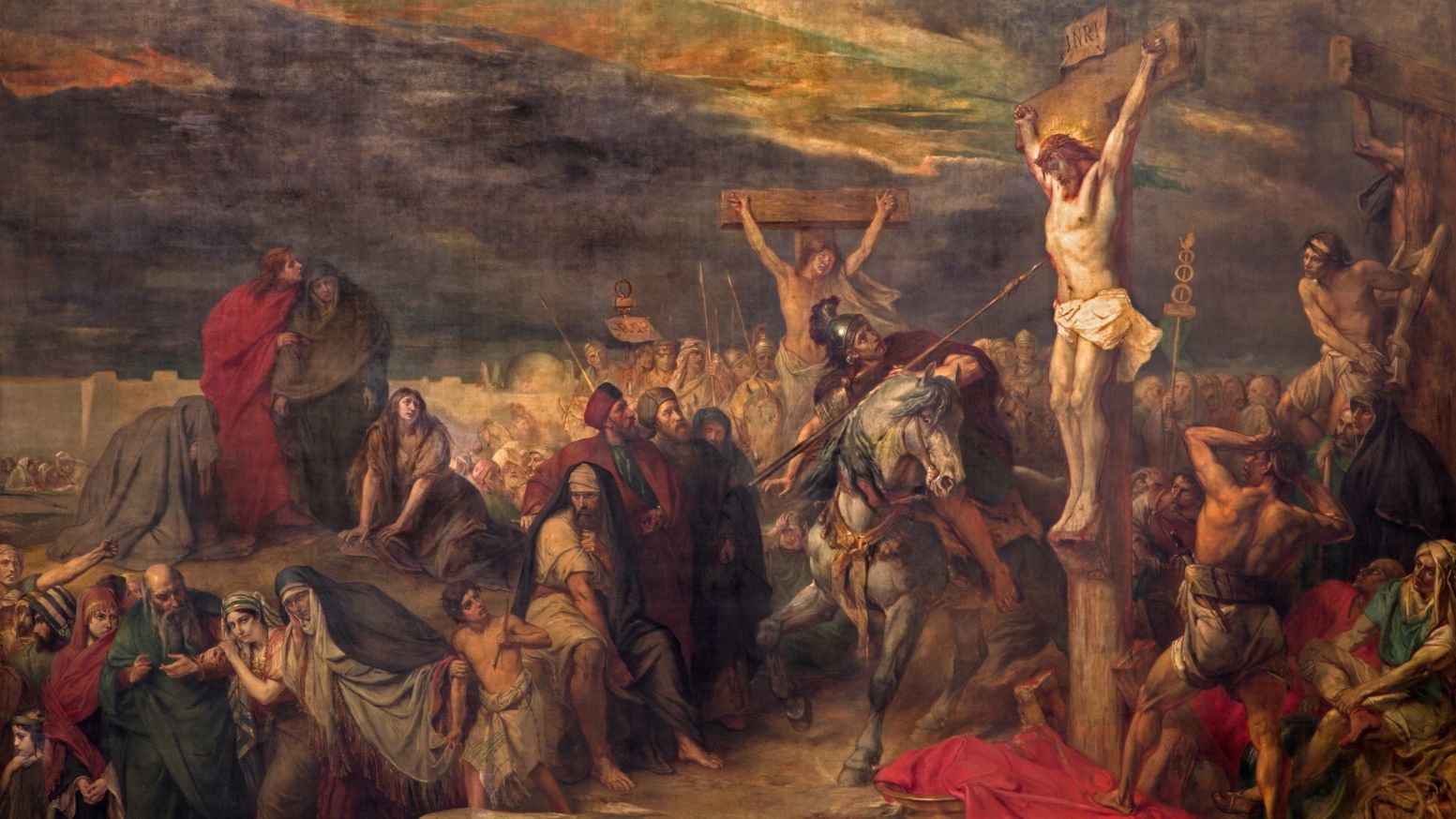A common objection to the doctrine of penal substation is that it leads to the unbiblical idea that all people will be saved, and therefore, it must be rejected. Elenore Stump, a philosopher at Saint Louis University, states that penal substitution,
Maintains that Christ pays the penalty for all sin in full so that humans do on have to do so. But it is fundamental Christian doctrine that God justly condemns some people to everlasting punishment in hell. If Christ has paid the penalty for sin completely, how is God just in demanding that some people pay the penalty again?
Does the doctrine of penal substitutionary atonement lead to universalism?
Stump seems to believe that in order to steer clear of attributing an injustice to God, one has to either deny penal substitution or deny that Christ died for all. But this doesn’t have to be the case. The Biblical data suggest another option, particular redemption. Particular redemption is the doctrine that states that while Christ’s death fully absolves sin, it is only for those who enter into a free-will relationship with him. In writing the the church at Ephesus, Paul writes,
Paul, an apostle of Christ Jesus, by the will of God to the saints who are in Ephesus, and are faithful in Christ Jesus: Grace to you and peace from God our father and the Lord Jesus Christ. Blessed be the God the Father of our Lord Jesus Christ, who has blessed us in Christ with every spiritual blessing.
It is clear from the opening of the letter, Paul is writing to believers in Ephesus who are in a faithful relationship with Jesus, thus they are deemed saved. Furthermore, Paul notes that these faithful brothers and sisters have every spiritual blessing that found in that relationship. By stating this, it is clear that these blessings are only for those who have made a free-will decision to make Jesus the Lord of their life.
Moving through the text, Paul notes that the saints in Ephesus have obtained the following spiritual blessings:
- Adoption as children (v.5)
- Redemption through his blood (v.7)
- The forgiveness of sins (v.7)
- A final inheritance (v.11)
- Seal of the Holy Spirit (v.14)
While all of these blessings are amazing in their own right, in addressing Stump’s concern, blessings (2) and (3) imply penal substitution and are directly connected to the saints who Paul classifies as faithful in the Lord. These are exclusive to Christ followers.
Another key passage is found in the book of Romans, specifically Romans 6:1-14 teaches that those who died with Christ will share in his resurrection life; this is directly connected to salvation. Universal salvation would mean that all are saved even if people don’t “die” with Christ. The crucifixion and resurrection language once again implies the penalty paid by Christ on the cross and the hope found in the resurrection of Jesus. There is no indication in the text of Romans 6:1-14 that anyone can be raised to walk in newness of life without being buried in Christ.
With the biblical data in place, Stump’s critique seems misplaced. Furthermore, it seems clear that base on passages like Ephesian 1 and Romans 6, penal substitution does not equal universal salvation for all, but only those who enter into a free will relationship with Jesus. Therefore, holding to the doctrine of penal substitution does not, as Stump suggests, attribute any injustice to God nor does it imply universal salvation.
